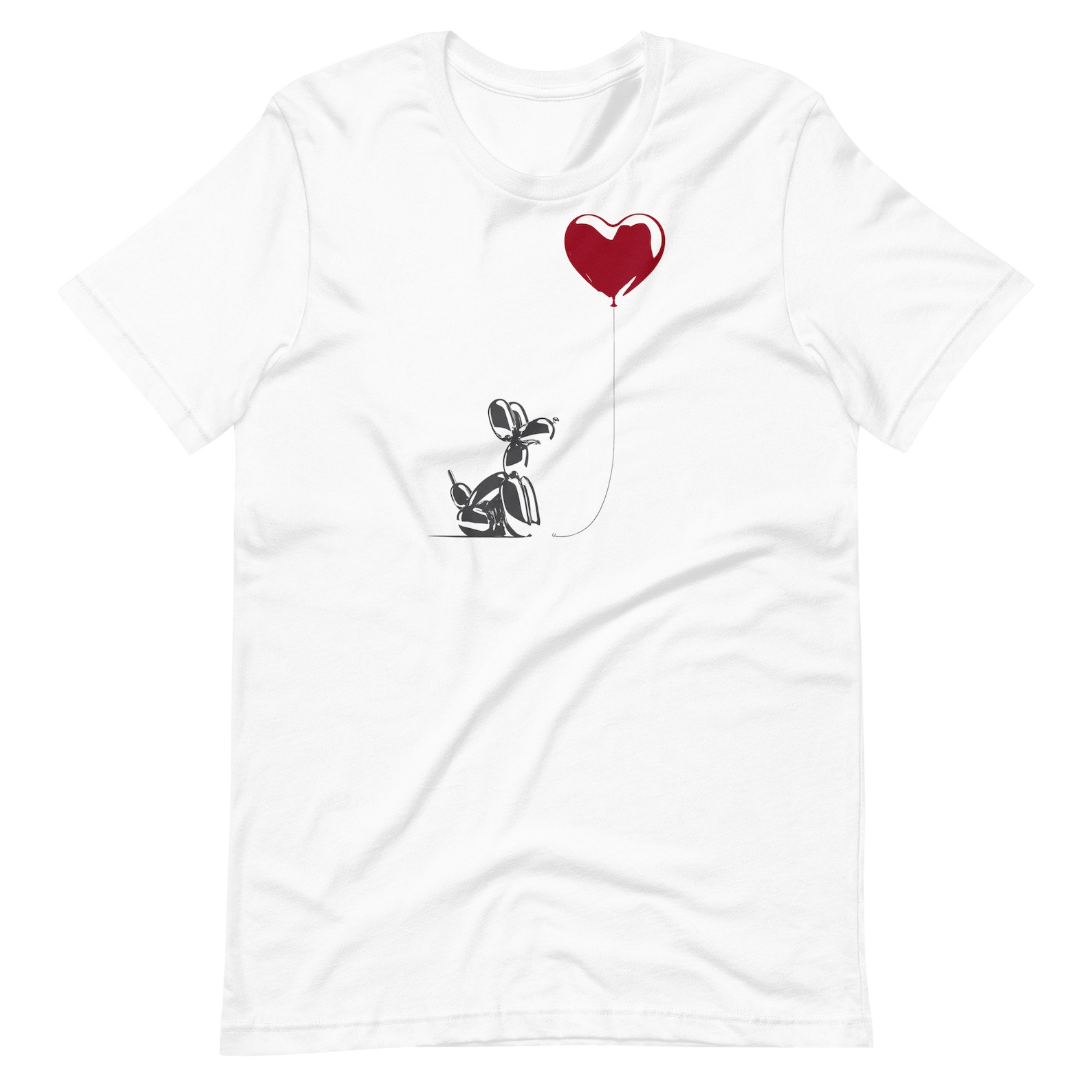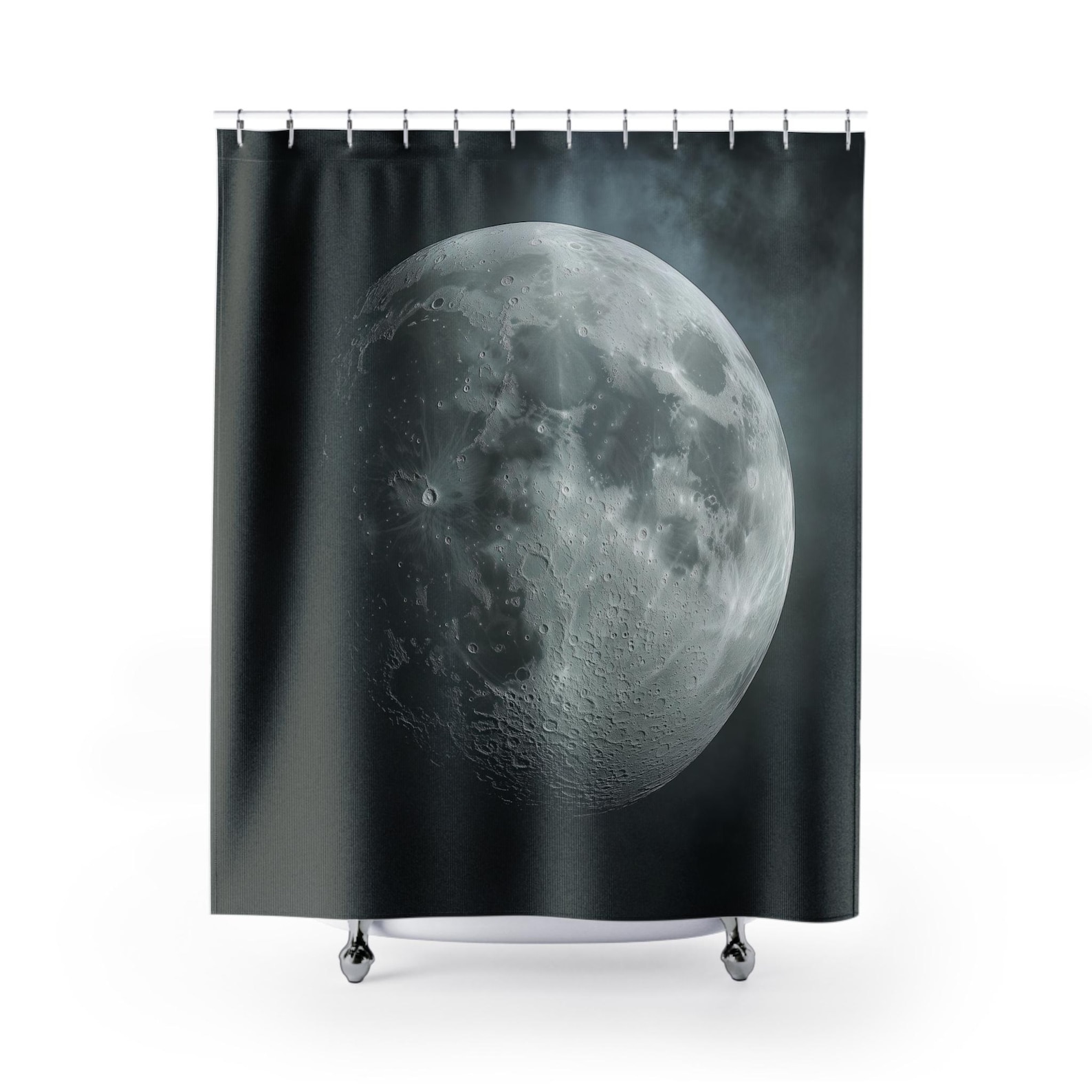The acceptance of lies
Ever been taken aback by how effortlessly certain individuals can spin a falsehood?

Are we knowingly deceiving ourselves?
Age and the propensity to lie
Contrary to common belief, age doesn't necessarily correlate with decreased dishonesty. For some individuals, the tendency to lie may increase with age, while for others, it might diminish, influenced by personal growth and life experiences. Have you ever been surprised by how easily certain people can fabricate falsehoods? This perplexing phenomenon is further complicated by society's inconsistent tolerance for dishonesty, accepting lies from some individuals while condemning others who might not even be guilty of deception. This complex interplay of age, dishonesty, and societal judgment raises questions about the nature of truth, the motivations behind lying, and the ethical implications of accepting deception in various contexts.
Unraveling Dishonesty
Lies: An unfortunate norm?
In today's world, lies have become so pervasive that they often blend seamlessly into the fabric of our lives. Perhaps deceit was always a norm, but the nostalgic belief in the integrity of the 'good old days' often misremembers the past, suggesting a level of honesty that may not have existed.
Dishonesty, once a trait people outwardly despised, now seems accepted as an inevitable part of human interaction. This is especially true in the digital age, where misinformation and half-truths spread rapidly, further blurring the lines between reality and fabrication.
Navigating dishonesty in friendships
In a complex world, dishonesty can rear its head in various forms. The sting of deceit, especially from a close friend, can leave us feeling hurt, baffled, and maybe even betrayed. However, it's important to reflect before allowing anger to take control.
Could they be building walls to protect you from harm or avoiding a confrontation they're not ready for? Perhaps they're carrying a burden too heavy to share.
Responding with compassion and understanding
When a friend's dishonesty leaves you uneasy, approach the situation with compassion and an open mind. Express how their actions affect you and be ready to hear their side of the story.
Remember, everyone has their struggles and insecurities. Sometimes, dishonesty is not malicious but a misguided attempt at self-preservation or conflict avoidance. By approaching the situation with empathy and understanding, you open the door to honest communication and the possibility of resolving the issue.
Setting boundaries while maintaining compassion
Compassion doesn't mean excusing or condoning dishonesty. It's beneficial to set boundaries and communicate that their actions are hurtful and unacceptable. However, by approaching the situation with compassion, you increase the chances of a positive outcome, whether that means rebuilding trust or moving on.
Honesty: The foundation of healthy relationships
Honesty is the cornerstone of any healthy relationship. In a world where dishonesty is often the norm, approaching situations with understanding and compassion can foster healthier relationships and create a more honest and transparent world.
In the intricate dance of relationships, one partner may sometimes find themselves entangled in a web of dishonesty, feeling trapped and silenced by fear or manipulation. The acceptance of lies can erode the foundation of trust and create a toxic environment. Remembering everyone deserves respect, honesty, and open communication in their relationships is noble. Breaking free from such situations can be challenging, but seeking support from trusted friends, family, or
professionals can provide the strength and guidance needed to reclaim one's voice and prioritise well-being.
Ultimately, it comes down to whether to accept lies and understand the reasons behind that acceptance.












